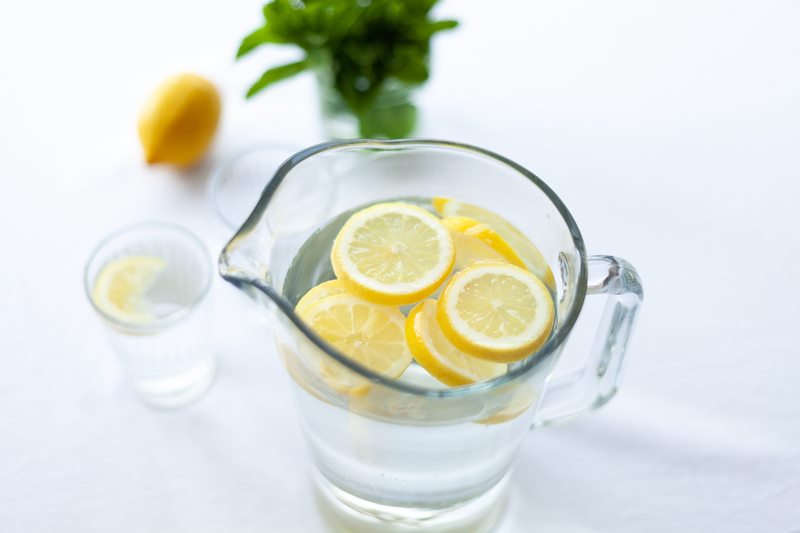The importance of staying hydrated
Hydrating yourself properly is essential to life as the body consists of approximately 60% of water. One of the vital functions of water is to transport all the substances (nutrients and oxygen) throughout the body and it also feeds all the cells while also eliminating the toxins from the body.
Staying hydrated is particularly important and relevant during periods of heat waves. In fact, when it is really hot, our body has its own cooling mechanism in the form of perspiration. The water lost as sweat is a means for the body to release heat, thereby reinforcing the importance of drinking more to avoid any risks of dehydration.
How to recognize signs of dehydration?
Dehydration can lead to a weight loss of at least 5% and can cause many detrimental effects on the functions of certain vital organs such as the heart and the brain. Hence, it is important to be wary and alert when it comes to dehydration signs which include, amongst other symptoms:
- Thirst
- Dry mouth and lips
- Dark yellow urine
- Fatigue
- Headaches
- Dizziness
Thirst is already a sign of dehydration and could already indicate a lack of water intake. Therefore, try to drink throughout the day before actually feeling thirsty.
How much to drink to meet our needs?
Your fluids needs vary greatly depending on many factors such as age, physical activity, medical condition and the temperature.
But as a general rule, the daily recommendation for a man is 3.7 litres and 2.7 litres for a woman. However, because certain foods (especially vegetables and fruits which consist of 80% water), provide us with about 0.5 to 1 litre of water per day, it is recommended for women to drink 2 litres and for men to drink 3 litres per day. This amount might seem a lot to some people but no need to panic! Other beverages such as milk, juice, coffee and tea can be included in your total fluid intake. However, certain precautions need to be taken when it comes to some of those beverages. For instance, juice is a concentrated source of sugar; one glass of 8 ounces or 250 ml contains about 24g of sugar, which is the equivalent of 6 teaspoons of sugar. Moderation is therefore key when it comes to sweet beverages.
In addition, coffee and tea (such as black tea) act as diuretics and could contribute to dehydration among some people if the intake exceeds 2 cups of coffee or 5 to 6 cups of tea per day.
Strategies to increase your fluid intake
- Try to always carry a reusable water bottle with you. Hence, even if you have to be on the road, you can easily rely on your bottle instead of having to fill up glasses throughout the day.
- Add some fruits (berries, lemon, orange slices, etc.) as well as herbs such as mint or basil leaves to add fragrance and appeal to your water, which could encourage you to drink more.
- You can opt for herbal teas from time to time to add variety to your fluid intake.
- Making smoothies or homemade popsicles can also be great alternatives to water to quench your thirst.
- Many phone applications can prove useful in sending you reminders to drink water as well as to track your fluid intake.
If you are not a big water drinker to begin with, start by setting small objectives. For instance, you can gradually increase your water intake by 250-500 ml at a time. That way, it might be easier for you to maintain those changes so they become part of your lifestyle.




